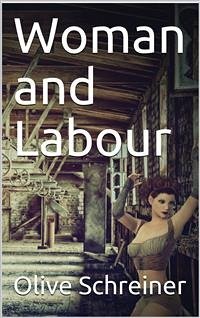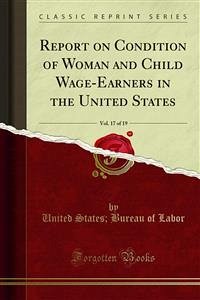From the 1880s, when she lived in London and attended some of the most influential political groups of the time (such as the Men and Women’s Club and the Fellowship of the New Life), Schreiner planned to write an account of women’s part in the history of civilization. Her only book-length work on the topic, Woman and Labour, did not appear, however, until 1911. Its early chapters draw closely from an article published in 1899 (in the New York Cosmopolitan), and Schreiner explains in the introduction that the whole book was only a remembered ‘fragment’ of a much longer work that had been destroyed when her Johannesburg home was looted during the Anglo-Boer war of 1899-1902.
In that clamour which has arisen in the modern world, where now this, and then that, is demanded for and by large bodies of modern women, he who listens carefully may detect as a keynote, beneath all the clamour, a demand which may be embodied in such a cry as this: Give us labour and the training which fits for labour! We demand this, not for ourselves alone, but for the race.
In that clamour which has arisen in the modern world, where now this, and then that, is demanded for and by large bodies of modern women, he who listens carefully may detect as a keynote, beneath all the clamour, a demand which may be embodied in such a cry as this: Give us labour and the training which fits for labour! We demand this, not for ourselves alone, but for the race.









